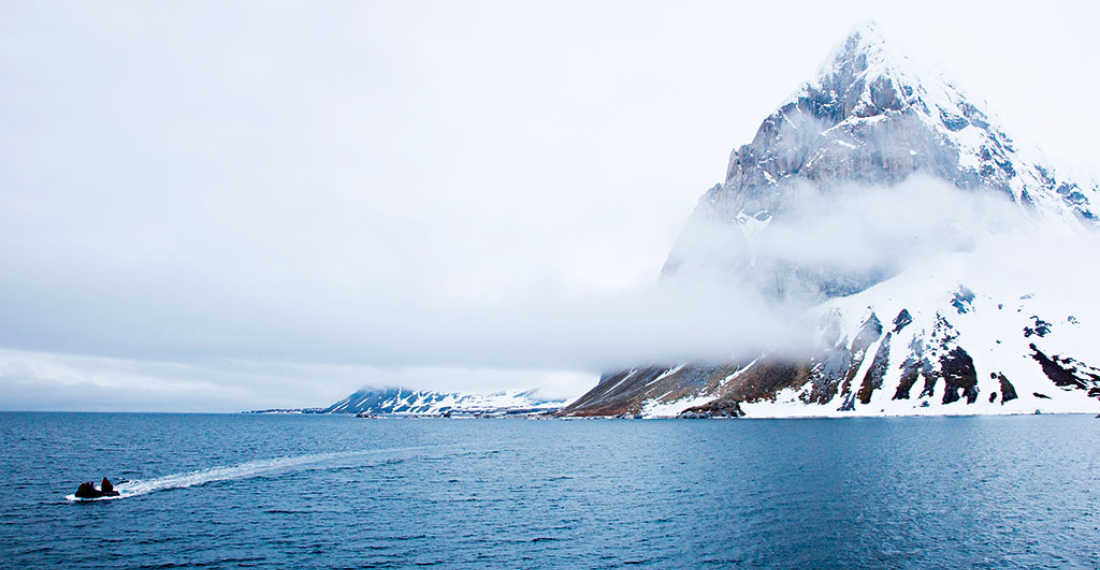The European Commission wants an end to fossil fuel extraction in the Arctic. The Commission will exert “political pressure” for a ban on new drilling in the Arctic. In the run-up to the 26th United Nations Climate Change Conference in Glasgow next month, Brussels is calling for “oil, coal and gas in the Arctic to stay in the ground”.
The Arctic is changing rapidly, says the EU's High Representative for Foreign Affairs and Security Policy, Josep Borrell, “due to global warming, increased competition for natural resources and geopolitical rivalry”. The region is therefore of international strategic importance, the Commission says. The developments show that the European Union should be “more engaged” in the Arctic and “work towards stability, security and peaceful cooperation”. The Commission is therefore opening a representation in Greenland, which administratively belongs to EU country Denmark.
The Arctic is warming up three times faster than the rest of the planet. That also has consequences for the European Union, the commission says.







